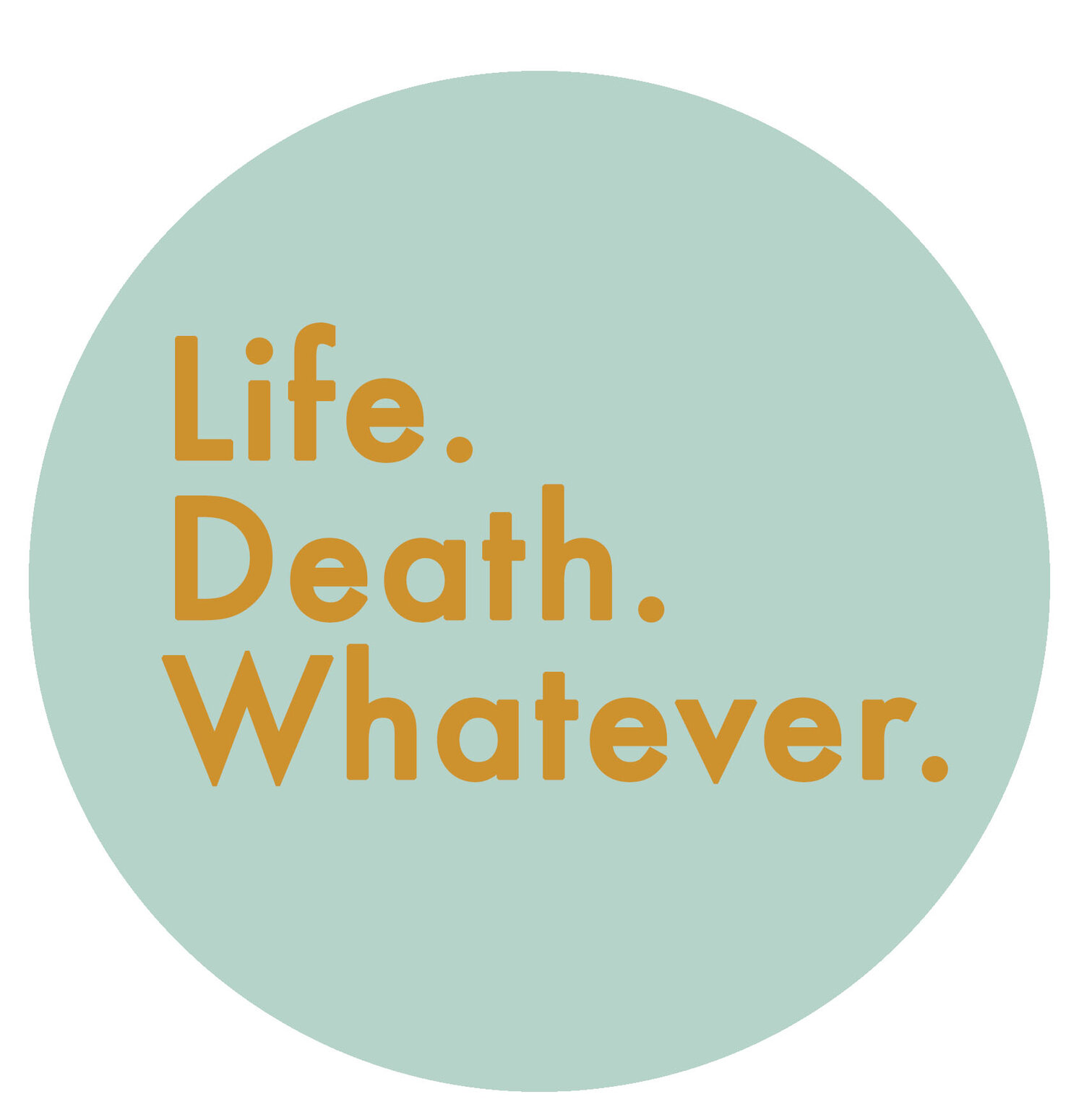Tracey Bleakley, CEO of Hospice UK
1. We might not like to hear it, but we are all going to die someday. Talking about it won’t make it happen, but ignoring the topic makes it harder for us to make our plans, and to help others make theirs. Each year people put on hundreds of events as part of our Dying Matters campaign – each different, but each helps people have these conversations.
2. Being willing to discuss death, and to make our plans, can be a sort of final gift to those close to us. When our time comes, they won’t need to argue about the funeral, or who gets what, or anything. If you’ve made your plans, they will know you are getting the end of life care and send-off that you want.
3. There’s something quite liberating about having these conversations and getting your plans in place. Once it’s done, you can get on with getting the most out of the life you have, knowing that when you die all the key practical matters will have been taken care off.
4. About 1% of the population dies each year, and each one of those deaths affects many others. If we’re more comfortable talking about death, we’re better able to help friends, colleagues and everyone we know who is going to be dealing with grief.
5. Death will rarely be a happy topic of conversation, but it is an important one. The least that we owe to each other is to take part in that conversation when someone we know wants to have it. Everyone’s different in how and when they approach it, and even if we aren’t ready yet ourselves, we need to help our friends who are.
Tracey Bleakley is the Chief Executive of Hospice UK, the national charity for hospice care. Tracey is on the board of the Gold Standards Framework and on the Lancet Commission into the Value of Death. She is also Co-Chair of the Palliative Care Leadership Collaborative.
She holds an engineering degree, MBA, postgraduate qualifications in International and Social Policy and is a Chartered Director.
@TraceyBleakley @HospiceUK


